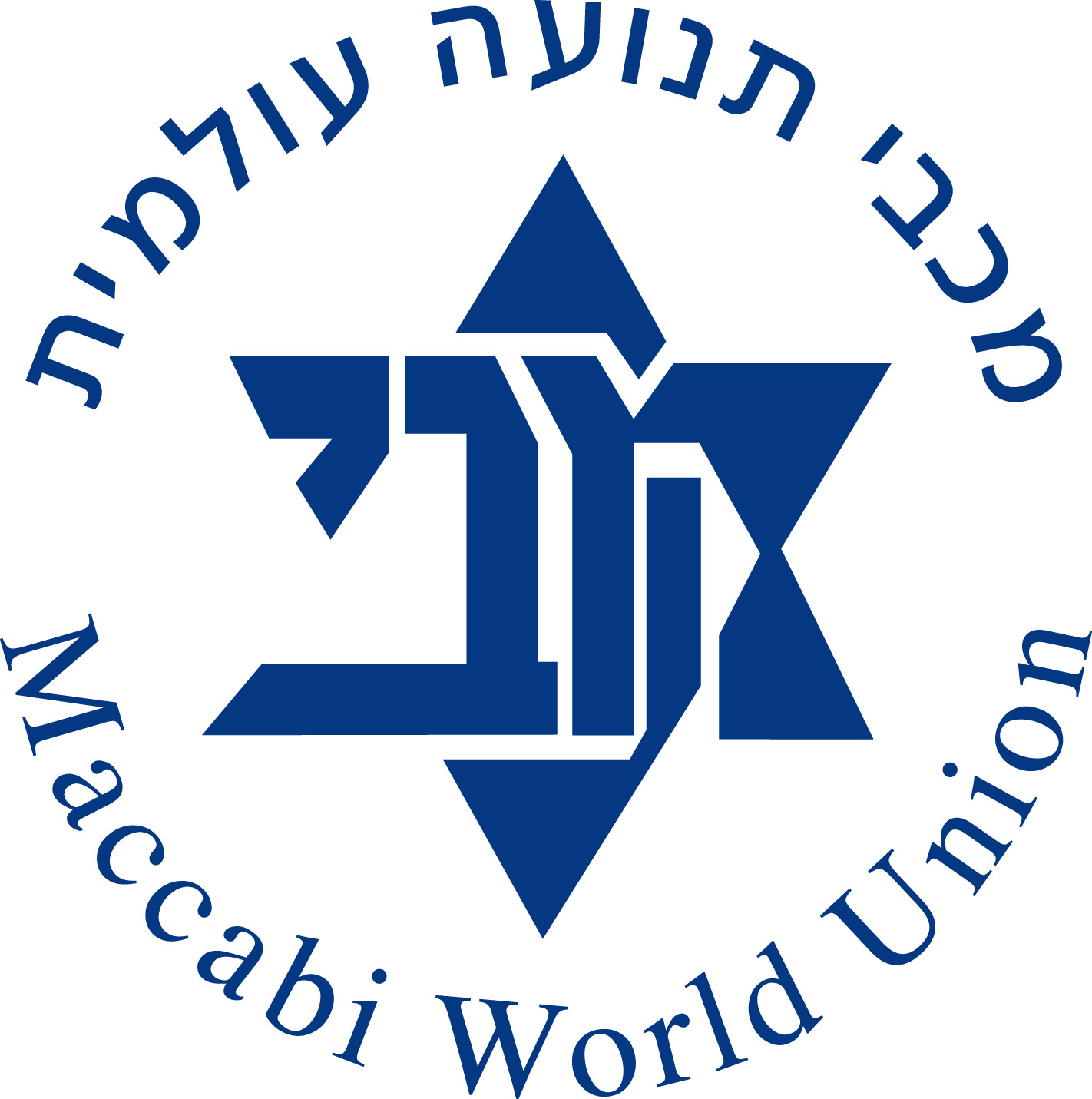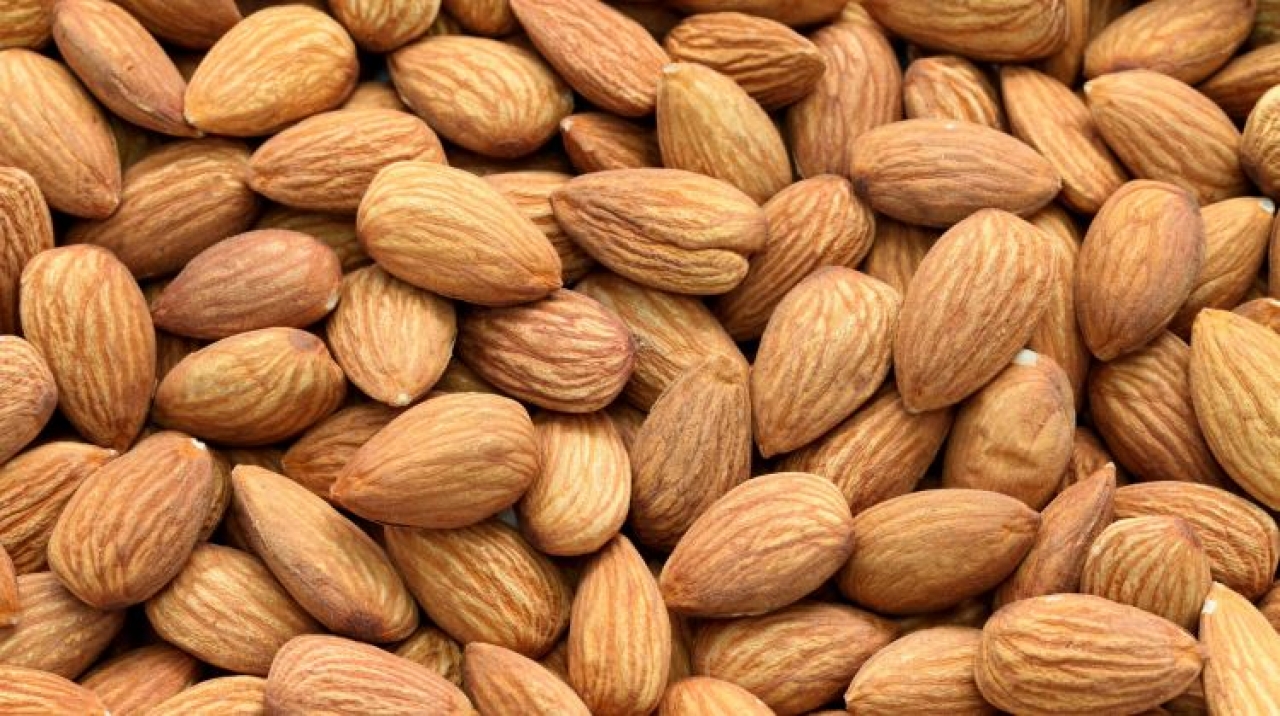
Kfar Maccabiah, Sunday, January 4, 2021
י“א בשבט, תשפ“א

ט”ו בשבט אחר
A different Tu[1] BiShvat
Dear friends,
Tu BiShvat – the 15th of the Hebrew month of Shvat – celebrates “the New Year of Trees”, meaning the renewal of the natural cycle in the Land of Israel, represented by the flowering of the shkediah – the almond tree during the peak of the Israeli winter. This is a day of great joy in Medinat Israel, when children and young Israelis turn en masse to plant trees throughout the length and breadth of the Land of Israel – the world’s most forested country, with a forestation rate far above local wood consumption. Many families also celebrate Seder Tu BiShvat, something like the Passover Seder, with blessings, red and white wine, and different types of dried fruits (nuts, figs, raisins and many others) greeting the arrival of spring and its fresh fruit.
The joy of this year’s (5781) Tu BiShvat celebration is overshadowed by the biggest and worst pandemic in the history of the modern State of Israel and the world as a whole. A tragedy that has caused the loss of more than 2 million human beings, the illness of almost 100 million (more than 53 million of them fully recovered), tens of millions of jobs lost, widespread poverty and profound effects of the lockdowns on topics not yet properly studied – depression, cognitive impairments and more. Israel and the world clothed themselves in mourning, in a legitimate deep pain at the loss of human life and general grief.

Along with so much pain, we have all witnessed, each in different ways, countless expressions of concern and mutual help – along with various concrete actions around the world; manifestations of true solidarity, destined to repair the reparable and to accept the irreversible – together, as one people, and as one Humanity. Many Maccabi members and leaders put into practice our Maccabi values, building what was possible to be rebuilt, and mourning for the irreparable loss of human life.
A very appropriate allegorical midrash to this celebration of Tu BiShvat eloquently describes exactly this spirit of mutual responsibility and solidarity present during our acute distress over this pandemic. The midrash relates to nuts – one of the celebration’s most distinctive fruits – explaining a verse in the Song of Songs – “I went down to the nut grove…”[2] – as follows:
Just as with nuts, if you remove one from the pile, all of them move and roll after each other. So too with Israel, if you hit one of them, they all hurt.[3]
All the people of Israel and all Humanity were deeply affected by the deaths of so many marvelous men and women. We all feel the pain, the sorrow – “if you hit one of us, we all hurt”. This Tu B’Shvat 5781 poses, then, different challenges than those which characterized the seven decades of permanent growth after World War II and the Shoah that devastated the West and wiped out most of the European members of our people (this Tu BiShvat, in particular, coincides with International Holocaust Remembrance Day). The first challenge is to repair our souls distressed by the loss of so many human beings shattered by the pandemic. The second great challenge is the restoration, reconstruction, and renewed “greening” of our existence – the symbol of life itself. This year we will celebrate Tu Bishvat with a heavy heart, on the one hand, but also with the renewed mission of greening the world, restoring its hope, its joy, its solidarity; the profound understanding of our inter-responsibility, our interdependence; the need to assume the commitment we should have towards others – towards each and every one.
May the sweetness of the fruits that we consume on this Tu BiShvat be a sign of hope, joy and a better future for all humanity – so in need of light in these still obscure days.
May God help us to bear fruit in all areas of our good intentions and actions.
In this celebration of Tu BiShvat, may we root our souls in renewed commitment to the Land of Israel and the State we build within it, marvel at the fruits that have flowered from its profusion of greenery, and renew our commitment to the promise it holds of our future growth and development.
Tu BiShvat Sameach!
Chazak ve’ematz!
RABBI CARLOS TAPIERO
Deputy Director-General & Director of Education
Maccabi World Union
[1] The name Tu BiShvat is a Hebrew Date: the 15th Day of the month of Shvat. In Hebrew alphabet numerology, the letter Yud stands for 10, so for example 11 is Yud-Aleph; 15, however, is not Yud-Heh because that would form one of the names of HaShem. Thus 15 is formed from Tet (9) & Vav (6).
[2] Shir HaShirim (Song of the Songs) VI, 11
[3] Shir HaShirim Raba VI, 26.














